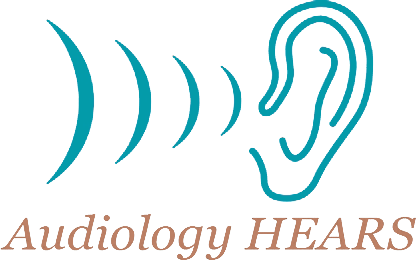Hearing loss is a journey many embark on, sometimes unexpectedly. It can be daunting and affect everyday life, relationships, and emotional well-being. Thankfully, awareness and technological advancements have provided tools like home hearing test kits to manage hearing health. But are these kits reliable? Let’s explore their promise and limitations, focusing on what truly benefits those entangled in the world of hearing loss.
The Convenience of Home Hearing Tests
The allure of home hearing test kits largely lies in their convenience. These kits typically feature smartphone apps or online interfaces that allow individuals to perform basic hearing tests within the comfort of their own homes. With busy schedules or mobility challenges, this option might seem like a godsend for someone hesitant to venture to a clinic. They present a private and accessible first step for individuals beginning to notice changes in their hearing.
Assessing the Accuracy
While the convenience factor is undeniable, accuracy can vary with these home kits. They often focus on a basic level assessment that might indicate potential hearing issues. The results from such tests can offer hints of diminished hearing ability or sensitivity. However, it’s important to remember that these kits can’t replicate the precision of a professional setting, where hearing health professionals assess various sound frequencies and environments. Home tests can be influenced by factors such as the quality of headphones used, ambient noise, and even user handling of the device. Thus, while they can provide a starting point, they may not capture the full scope of one’s hearing health.
Limitations Worth Noting
Home hearing test kits have limitations, which should be considered when using them. One key limitation is their inability to identify the root cause of hearing loss. Changes in hearing can stem from various factors, such as earwax blockages, infections, or more complex auditory conditions. Kits generally lack the capacity to measure low-frequency sounds accurately, and this can be critical in diagnosing specific types of hearing loss.
Moreover, without the guidance of a trained professional, users of home kits might misconstrue results or overlook gradual changes in their hearing abilities. The absence of a personalized assessment that considers age, health history, and other variables can limit the usefulness of results obtained from home tests.
The Role and Value of Professional Evaluations
Consulting a hearing health professional for a professional evaluation is critical, especially if you have concerns about your hearing. Professional evaluations are comprehensive, using advanced technology that considers all facets of hearing capacity. Hearing health professionals not only measure hearing ability across a wide range of sound frequencies but also explore the overall health of the auditory system.
These evaluations provide a precise understanding of hearing abilities and identify any specific types of hearing impairment. Hearing health professionals add another layer with their insights into lifestyle impacts and detailed support options. This professional guidance translates into tailored treatment plans that may involve hearing aids, therapy, or lifestyle recommendations.
The Importance of Early Intervention
Tackling hearing concerns early is the greatest gift you can give yourself or a loved one. Early intervention can mitigate the emotional and social impacts that often accompany untreated hearing loss. Many find a renewed quality of life with improved communication, enhanced social interaction, and a boost in personal confidence.
Encouraging friends or family members to get their hearing checked regularly can show them how much you care. It’s a step that says their experiences matter and that support is available. With early detection, there are more opportunities to explore various treatment options that can prevent further hearing deterioration.
Building a Support Network
Dealing with hearing loss shouldn’t be tackled alone. It’s a journey that benefits from sharing experiences and seeking comfort from others who understand. Whether it’s joining hearing loss support groups or engaging in counseling, reaching out, can significantly improve how hearing loss is managed. Family, friends, and caregivers can play an important role in this network, offering encouragement and helping with daily challenges.
Hearing loss can be isolating, but it helps to know that tools and support systems are available. Professional guidance, alongside practical solutions like hearing aids or auditory training, can make a world of difference.
